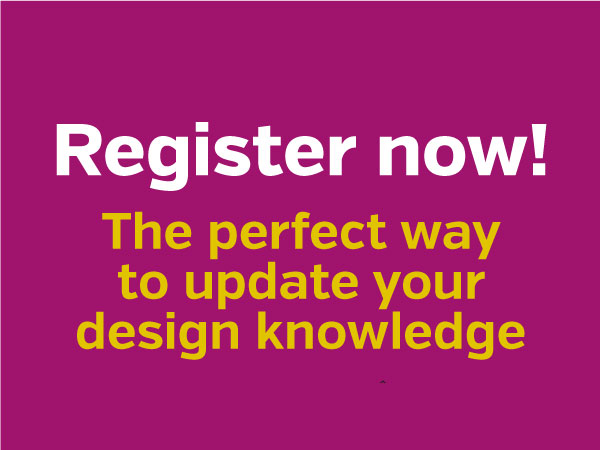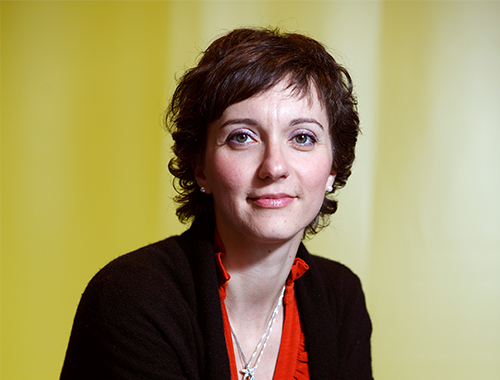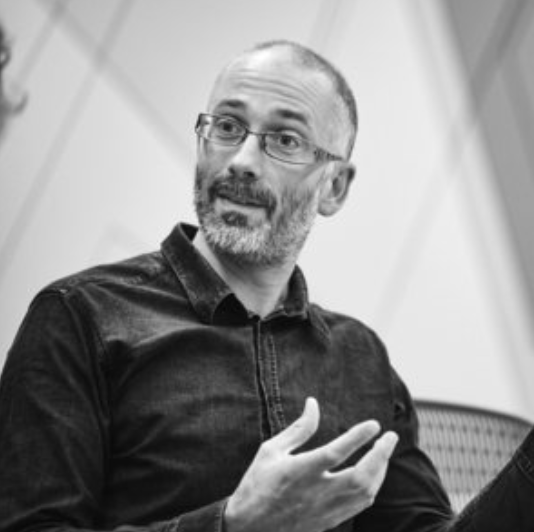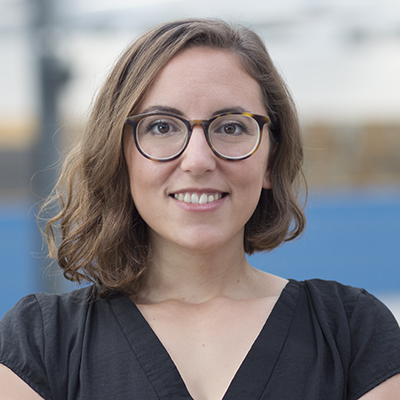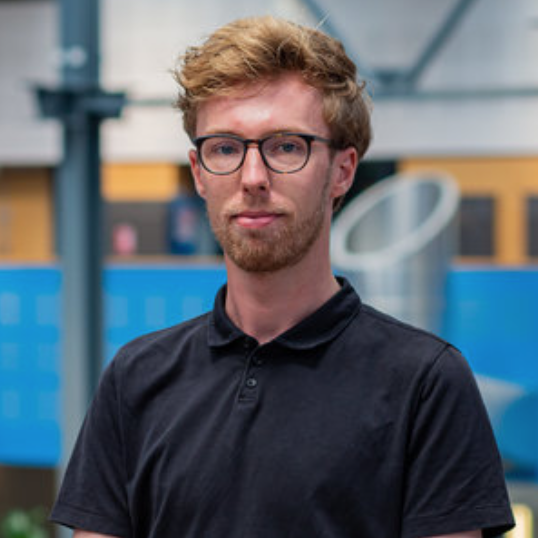AI and More-than-Human Design
IDE Design Master Class for Professionals
A New Approach to Designing with Artificial Intelligence
In our masterclass AI and More-than-Human Design you will get your hands on an unconventional toolbox of concepts and design methods that expand your ability to design responsibly in a messy world. Digital things today can sense, reason, and learn in ways that previous industrially produced objects could not. To access their hidden ecosystems and enable better designs, we need a fundamentally new way of designing with data and algorithms.
Curriculum
Powered by data, machine learning, and artificial intelligence, connected things (from product service systems to conversational agents) can sense, think and learn in ways that previous industrially produced objects could not. A more holistic perspective is needed to fully understand the different worldviews and capabilities that human and artificial actors bring to the digital transformation of society, and to create the conditions for responsible and sustainable digital futures. This fundamentally new perspective is More-than-Human Design.
Learning Objectives
During this master class you will:
- Understand the fluid and entangled nature of things in a digital world;
- Apply ideas of more-than-human design to expand human imagination and capabilities in creating the conditions for inclusive and sustainable digital futures;
- Select and devise more-than-human design tools and techniques in design practice.
Content
- More-than-human design theory and methodology;
- Methods and tools of more-than-human design;
- Cases and examples of more-than-human design.
Speakers
Programme
| 9:00 | Registration and welcome drinks |
| 9:30 | Introduction and overview |
| 10:00 | Lecture – Fundamentals of More-than-Human Design with Elisa Giaccardi Overview of more-than-human design as a framework to help designers understand and attend to complex ecosystems of people, services, and products. Examples. |
| 11:00 | Break |
| 11:30 | Lecture - Interview with Things with Elisa Giaccardi |
| 13:00 | Lunch |
| 14:00 | Workshop – Interview with Things with Iohanna Nicenboim Techniques for conducting Interview with Things. Exercises for practicing the application of the presented techniques. |
| 15:30 | Break |
| 16:00 | Workshop – Interview with Things (continued) with Iohanna Nicenboim Using insights from Interview with Things. Exercises for deriving design requirements, ideation and prototyping. |
| 17:00 | Wrap-up and conclusive thoughts |
| 17:30 | End of the first day |
| 9:30 | Reflections and adjustments |
| 10:00 | Lecture - Thing Ethnography with Elisa Giaccardi Introduction to Thing Ethnography. How to gain access to worldviews and ecosystems unattainable with traditional design methods. |
| 11:00 | Break |
| 11:30 | Workshop - Thing Ethnography with Dave Murray-Rust Techniques and demo on how to use sensors for Thing Ethnography. Exercises for practicing the application of the presented techniques. |
| 13:00 | Lunch at the Faculty of Industrial Design Engineering |
| 14:00 | Workshop - Thing Ethnography (continued) with Dave Murray-Rust Using insights from Thing Ethnography. Exercises for deriving design requirements, ideation and prototyping. |
| 15:30 | Break |
| 16:00 | Case study with Elisa Giaccardi Discussion of a case study. Benefits, challenges, and limitations of More-than-Human Design. Application of main insights to participants’ own practice. |
| 17:00 | Wrap up and conclusive thoughts |
| 17:30 | Drinks and closing |
Practical Information
How to prepare?
One week before the course, you will receive a homework assignment to get prepared for the master class. The preparation will require approximately two hours. Furthermore, it can be useful if you think of a case from your design practice to bring to the course.
Materials
The preparation material (including case studies, reflection questions, and relevant articles) will be sent as a PDF by email. Participants will receive the reader at the beginning of the course. Hand-outs of all lectures will be provided with space for personal notes. All materials provided are included in the course fee.
After the course
Two months after the course, a consultation timeslot will be offered to all participants to share experiences and ask questions. The format and the timing will be discussed with the participants during the IDE Master Class.
Costs Master Class
| € 950 | standard |
| € 850 | for members of BNO, KIVI IO, HumanFactorsNL |
| € 750 | for IDE alumni |
Courses are VAT-free
Lunch, drinks, material and book are included
Reduction
| € 100 | for each additional Master Class per organisation in 2024 |
| € 100 | if you register before 01 February |
